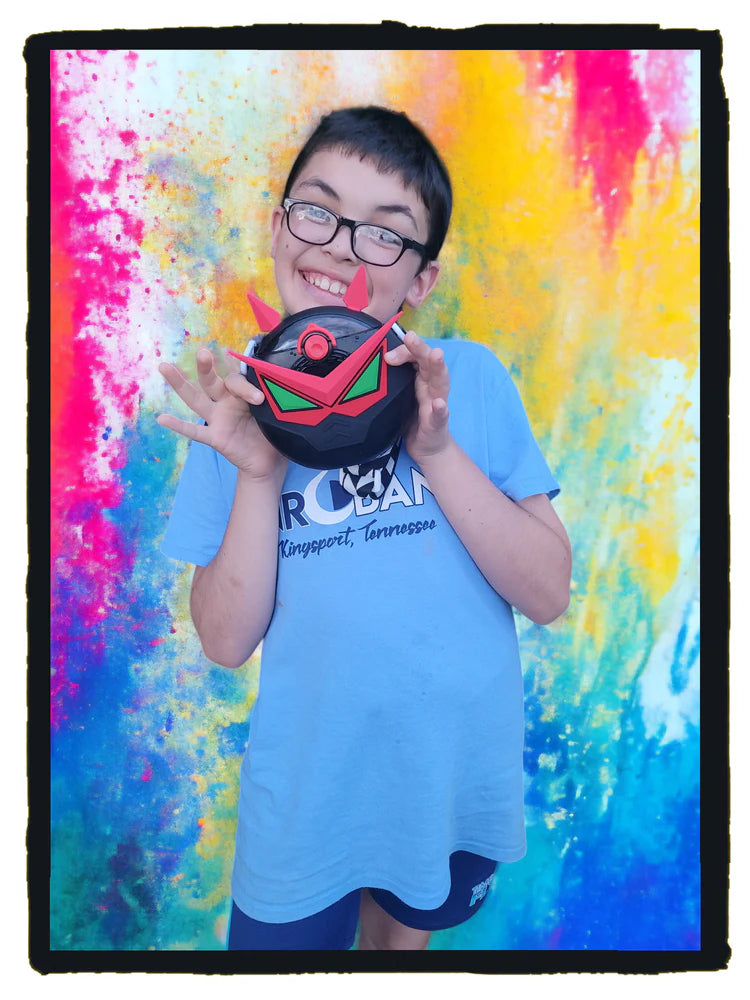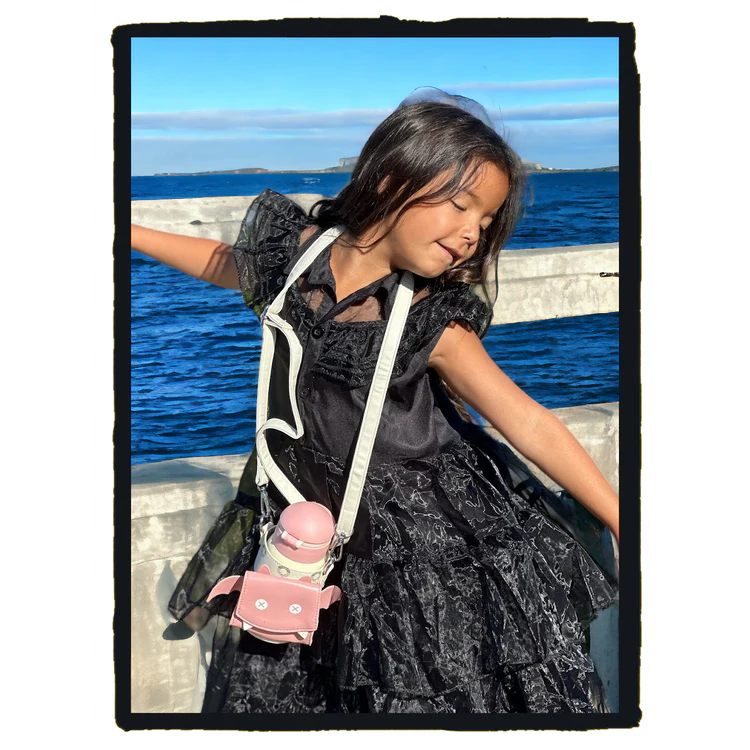What is Dehydration?
Dehydration occurs when your child loses more fluids than they take in, making it difficult for their body to function properly. Fluids are essential for maintaining body temperature, producing bodily fluids, and supporting daily bodily functions. When your child is sick—especially if they have a fever, diarrhea, or are vomiting—they are at a higher risk of dehydration because their body loses fluids more rapidly.
Why Dehydration is More Dangerous for Young Children and Babies
Young children and babies are at a greater risk of dehydration due to their smaller size and faster metabolism. Their bodies are less efficient at conserving water, meaning even a small amount of fluid loss can lead to dehydration. Additionally, babies and toddlers may not be able to communicate their thirst or may be less willing to drink fluids when they feel unwell, increasing the risk of dehydration. Understanding the importance of hydration can help you take proactive steps to keep your child healthy.
Common Causes of Dehydration During Illness
- Vomiting and Diarrhea: These are the most common causes of dehydration in children. When a child vomits or has diarrhea, they lose fluids and essential electrolytes like sodium, potassium, and chloride.
- Fever: A fever increases body temperature, causing more fluid to evaporate through the skin as sweat. This fluid loss needs to be replenished to prevent dehydration.
- Reduced Fluid Intake: When children are sick, they often refuse to eat or drink, leading to decreased fluid intake. Learning hydration essentials can provide you with effective strategies to maintain adequate fluid levels.
Signs and Symptoms of Dehydration in Children
Recognizing the signs of dehydration early can help prevent it from becoming severe. Here are the symptoms to watch for:
Mild Dehydration:
- Dry Lips, Mouth, and Throat: If your child’s lips or mouth are dry, this could be an early sign of dehydration.
- Reduced Urine Output: Dark yellow or brown urine is a sign that your child needs more fluids. In infants, fewer wet diapers (less than six per day) indicate dehydration.
- Dizziness, Nausea, or Headaches: These symptoms often accompany mild dehydration.
Severe Dehydration:
- Sunken Eyes: A sunken appearance to the eyes is a sign of severe dehydration.
- No Tears When Crying: If your child is crying without tears, they may be severely dehydrated.
- Lethargy and Cold Hands and Feet: If your child is unusually tired or their extremities feel cold, this could indicate severe dehydration.
- Rapid Breathing and Heart Rate: A fast heart rate or rapid breathing can be a sign that your child is seriously dehydrated and needs immediate medical attention.
Hydration Strategies for Infants (Under 6 Months)
Breast Milk and Formula: For babies under six months, breast milk or formula should be the primary source of hydration. Continue breastfeeding or bottle-feeding as usual, but offer more frequent, smaller feedings if your baby is vomiting or has diarrhea. This can help them retain the fluid without overwhelming their stomach.
Oral Rehydration Solutions: If your baby struggles to keep down breast milk or formula, your pediatrician may recommend an oral rehydration solution like Pedialyte. These solutions help replenish lost electrolytes and fluids.
Hydration Tips for Older Babies and Toddlers (6 Months and Older)
Small, Frequent Sips: Encourage your child to take small sips of fluids frequently throughout the day. For toddlers, offer fluids in a fun, colorful cup to make drinking more appealing.
Oral Rehydration Solutions: Products like Pedialyte are excellent for older babies and toddlers. These solutions contain the right balance of electrolytes and sugars to replace what’s lost during illness.
Alternative Hydration Options: Diluted apple juice (half water, half juice) can be a good option if your child refuses other fluids. Broth-based soups like chicken noodle soup can also help hydrate while providing some nutrients. Explore more hydration hacks to keep your child active and drinking water even during challenging times.
Creative Ways to Encourage Fluid Intake
Fun Cups and Straws: Offer fluids in a cup with a fun straw or a favorite character on it. This can sometimes encourage reluctant drinkers.
- Flavored Water: Make drinking water more appealing by adding slices of fruit like strawberries, cucumbers, or lemon. The added flavor and color can entice your child to drink more.
- Hydrating Foods: If your child is interested in eating, offer foods with high water content like bananas, cereal with milk, or mashed potatoes. These can supplement their fluid intake and make hydration enjoyable.
- Freezer Pops: Hydrating freezer pops like Pedialyte Freezer Pops can be a great way to provide both fluids and electrolytes, especially if your child prefers something cold. Additionally, hydration with fun can transform the way your child perceives drinking fluids during illness.
When to Seek Medical Attention
While mild dehydration can often be managed at home, there are times when medical attention is necessary.
Signs That Require Immediate Medical Help:
- No Urine Output: If your child isn’t urinating, or is producing very dark urine, they may be severely dehydrated.
- Sunken Soft Spot: In infants, a sunken soft spot on the head is a serious sign of dehydration.
- Persistent Vomiting or Diarrhea: If your child can’t keep any fluids down or has persistent diarrhea, it’s important to seek medical care.
- High Fever: A high fever, especially in infants under three months, combined with dehydration symptoms, warrants a call to your pediatrician.
- Role of Pediatricians in Managing Severe Dehydration: If your child’s dehydration is severe, your pediatrician may recommend hospitalization where your child can receive fluids intravenously (IV). This is the fastest way to rehydrate and replenish lost electrolytes. Refer to our essential guide for more detailed information on managing severe dehydration.
Conclusion
Keeping your child hydrated when they’re sick is essential for their recovery. By recognizing the signs of dehydration early and using creative strategies to encourage fluid intake, you can help prevent dehydration from becoming a serious problem. Always monitor your child’s hydration status, and don’t hesitate to consult your pediatrician if you’re concerned. With the right care, you can ensure your child stays hydrated and on the road to recovery.
Additional Resources
For more comprehensive information on maintaining your child's hydration and overall health, explore our other blogs:
The Importance of Hydration for Kids: Vital Health Tips
Hydration Made Fun: Exciting Ways to Get Kids Drinking More Water
Hydration Essentials for Kids: Best Drinks and Tips for Healthy Habits
Hydration Hacks: Fun Ways to Keep Kids Active and Drinking Water All Summer
Why Hydration Matters: Key Benefits for Kids’ Health and Success
Essential Guide to Preventing and Managing Dehydration in Children





